Smarter Not Harder podcast
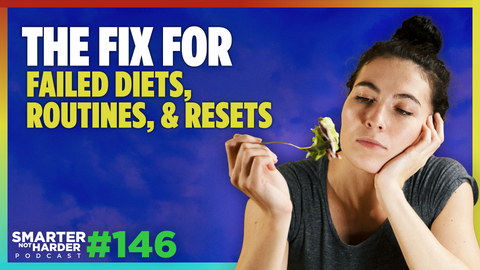
In this episode of the Smarter Not Harder Podcast, the HOMeHOPe Faculty — Dr. Ted Achacoso, Dr. Scott Sherr, Jodi Duval, and Dr. Allen Bookatz — gather for an eye-opening and deeply personal roundtable on the real impact of small lifestyle changes. From hydration to circadian biology, sleep divorces to grayscale screens, this episode breaks down the science behind everyday habits that create extraordinary transformation.
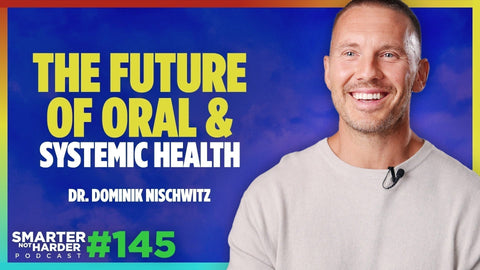
In this episode of the Smarter Not Harder Podcast, Dr. Dominik Nischwitz joins Dr. Scott Sherr for a powerful, myth-busting conversation about biological dentistry — and how your mouth may be the key to solving chronic disease. From root canals and “leaky gums” to full-body inflammation, this episode reveals how oral health connects directly to brain fog, fatigue, immunity, and longevity.
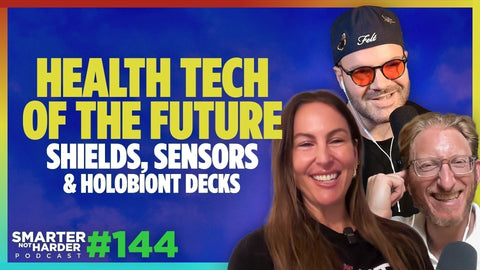
In this episode of the Smarter Not Harder Podcast, the HOMeHOPe Faculty gathers for a bold and visionary roundtable on the future of integrative health technologies — imagined, invented, or yet to be built. From nervous system shields to microbiome translators and Star Trek-style diagnostics, this conversation challenges the limits of what healing tools could (and should) be.
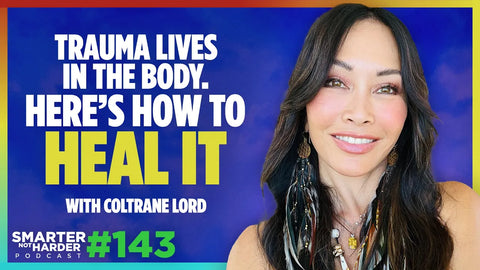
In this episode of the Smarter Not Harder Podcast, Coltrane Lord joins Boomer Anderson for a soul-expanding and deeply vulnerable conversation about psychedelic healing, feminine trauma, and what it means to reclaim sovereignty in the body through ancient rituals and sacred plant medicines. From MDMA therapy to ayahuasca in the Amazon, Coltrane’s story is one of radical transformation and a call to honor indigenous wisdom and women’s healing in the modern psychedelic movement.
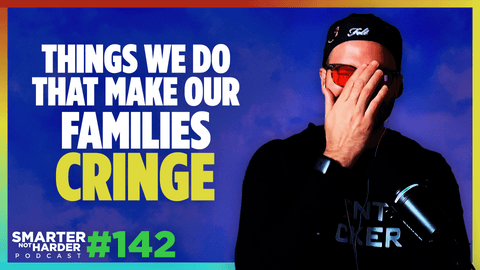
In this episode of the Smarter Not Harder Podcast, the HOMeHOPe Faculty comes together for a roundtable conversation exploring the quirky and often embarrassing health practices they’ve experimented with in the pursuit of optimization. From unusual bedtime routines to unconventional supplement regimens, the Faculty share candid stories that highlight both the humor and challenges of living a biohacker’s lifestyle.
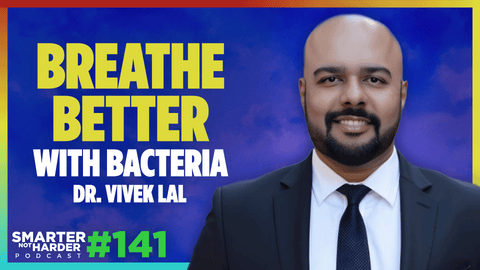
In this episode of the Smarter Not Harder Podcast, Dr. Vivek Lal joins Dr. Scott Sherr for a groundbreaking and eye-opening conversation about the gut-lung axis — the overlooked connection between your microbiome and your ability to breathe, perform, and recover. From inhaled probiotics to AI‑driven lung therapy, this episode bridges clinical science and next‑gen wellness in a way you’ve never heard before.
